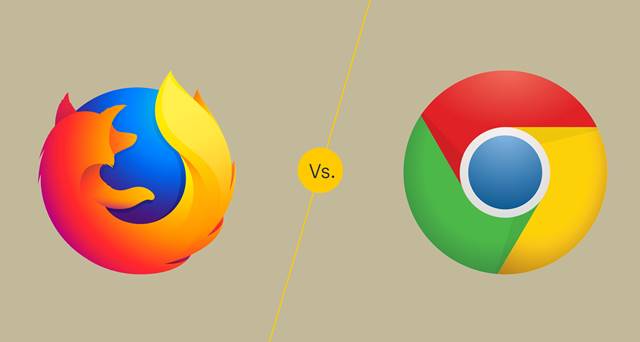
Mozilla could keep adding features for add-ons to take advantage of, giving Firefox a more advanced extension ecosystem than Chrome’s. An extension like this one just isn’t possible on Chrome.įirefox has a good opportunity to beat Chrome here, too. For example, Firefox offers a sidebar that extensions can take advantage of, allowing power-user extensions like Tree Style Tab (an advanced vertical tab bar) to function. Firefox add-ons are still more powerful than Chrome’s are. While this is a rough transition if you rely on old extensions that no longer function, it’s necessary to make Firefox a more modern browser.īut Mozilla didn’t just copy and paste Chrome’s extension system into Firefox. As a result, add-ons should break far less often.

Modern WebExtensions are more similar to Google Chrome and Microsoft Edge extensions, and can access only a specific list of features Firefox allows in a more standard way. They could touch low-level browser features, which was great…until it wasn’t, and they caused problems.

#Firefox not quantum for mac full#
Those legacy extensions had full access to the browser and would frequently break when Mozilla updated Firefox. Firefox had to kill off those old extensions that either didn’t or couldn’t make the leap to the new extension architecture.Ĭompared to classic Firefox extensions, WebExtensions are more limited in what they can do.

Firefox fully disables the old XUL extensions that Firefox users loved, and now only supports WebExtensions, which Mozilla began implementing two years ago. Let’s start with the elephant in the room: Add-ons. RELATED: Why Firefox Had to Kill Your Favorite Extension Firefox’s Extensions Are Still More Powerful Than Chrome’s


 0 kommentar(er)
0 kommentar(er)
